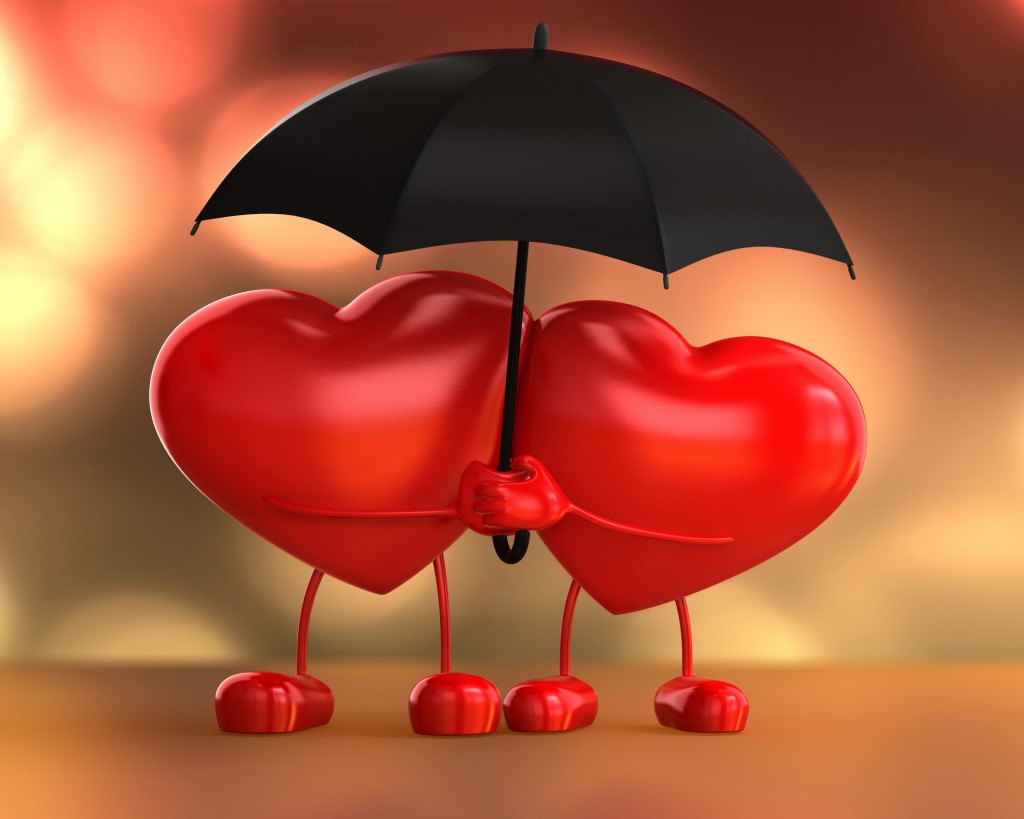
By Paballo Chauke
EVERYONE deserves all kinds of love; however, not receiving it does not make me any less worthy of being human.
What is love? How do we show it? Who is worthy of it? What social value do we attach to romantic love?
Of course, there are different types of love and the meaning differs depending on whether we are using scientific, religious or social definitions.
Whatever love means to us, some experience plenty of it while others never experience it at all.
I turned 30 years old last year and I have never been in a mutually romantic relationship.
Of course, I have known familial and platonic love — that of my mother, siblings, friends, pastor and teachers — but a truly intimate connection with a partner has eluded me.
Whenever I reveal this about my life, my inquisitors seem to gasp for air as a look of shock or pity infused with a pinch of disgust creeps across their faces.
- Chamisa under fire over US$120K donation
- Mavhunga puts DeMbare into Chibuku quarterfinals
- Pension funds bet on Cabora Bassa oilfields
- Councils defy govt fire tender directive
Keep Reading
It is as though my worth diminishes on hearing that I have never been “chosen” or found love of the romantic sort.
They usually go on to lecture me that I should be more open to falling in love, that it is important, that no human should be without it, and so on.
Never mind that I could have opted not to engage in relationships, that I could have chosen to put my education first or that there are other fundamental reasons for this “unnatural” state of affairs; their disappointment is tangible.
Sigh.
I suppose I should pity their ignorance. Or I should point it out.
People tend to impose their ideas of love (and family or lifestyle) on others, not stopping to consider where others come from, their past experiences or what their motivations are.
They might not realise that as a fat, black queer man from the working class, I have had to grapple with the concept of what love means from a very young age.
Existing on the periphery and being treated as an appendage because I do not occupy dominant identities has a huge effect on the prospects of love and acceptance, be they romantic or platonic.
Love is intersectional warfare — systemic oppression from racism to ageism, from homophobia to fatphobia, among a whole matrix of domination, matters — who is more deserving of love? Are we all loved equally?
Love is a currency and we do not all have equal access to it. Our identities mitigate and determine what type of love and how much of it we receive.
I have always had to contend with the politics of lovability and desirability because, in whatever sphere, they do not come easy for people like me.
The first man to deny me love was my father — it has taken me years of therapy to unpack what that festering wound means.
My father woke up one cold morning in 1998 to throw my siblings and I out of his house because he and our then stepmother did not want us in their space any longer.
He stuffed our Ghana Must Go/machangani bags without even folding our clothes and then chased us away — he even took a broom to sweep our footsteps off his yard after informing his ancestors at his gandelo. The symbolism of that act led to many years of dysfunction and a vicious cycle of hurt.
I have spent most of my life wondering why my own dad did not want me. I strongly believe that your own parents’ relationship determines your views and practices of love. If you grow up not seeing healthy relationships, your adult life tends to mirror that.
In my heart of hearts I am aware of how that deep-seated trauma has led me at times to chase after unrequited love and wonder if Freud was right.
Has my toxic trait been my insatiable quest to find men that resembled my father?
I know how to sit at the feet of a man and beg for love that never comes. I know what it is to run after a man who does not turn around. I know what it feels like to be treated as an experiment or a sex object.
As well as being rejected by my father, I was taught self-hate by a society which has people believing one is only worthy or valuable if you receive and give love in socially acceptable ways.
Everyone deserves all kinds of love; however, not receiving it does not make me any less worthy of being human.
My worth is not tied to whether other people choose to see it or not. I am just worthy, innately.
To walk in self-love and self-acceptance and attain true inner happiness that is not predicated on discreteness and hiding parts of my being is a choice.
I refuse now to beg anyone for anything that I am capable of giving myself, especially love. As the great Toni Morrison said: “Love is or it ain’t. Thin love ain’t love at all.”
- This article first appeared in Mail & Guardian











